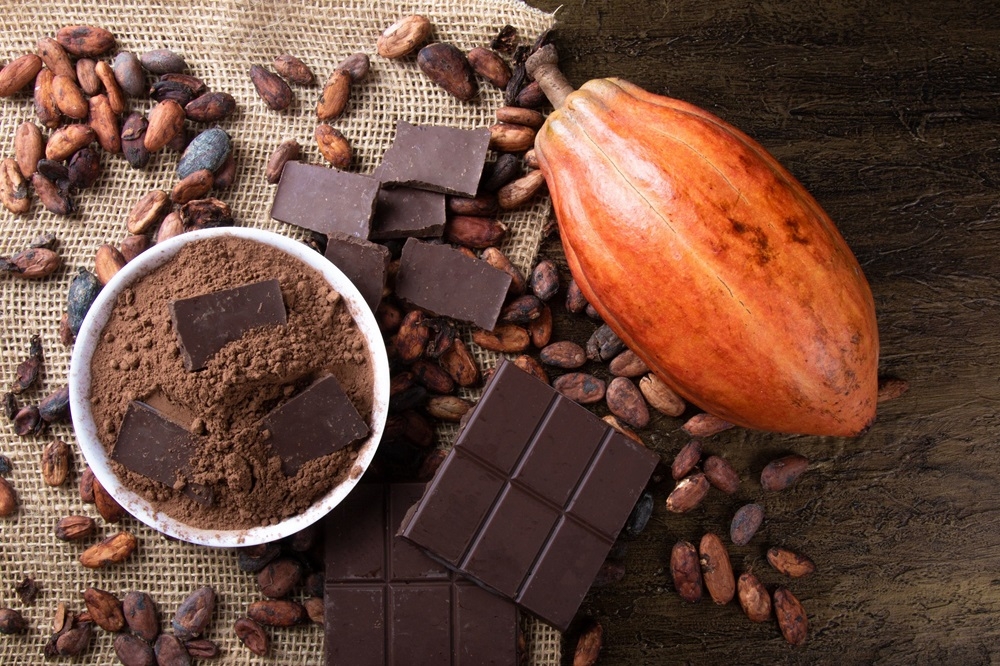NEW YORK, March 27 — With Easter just around the corner, chocolate is inevitably on the menu. And while indulging in chocolate eggs, rabbits and other seasonal treats is often viewed as a guilty pleasure, science suggests that eating chocolate might not be all bad news.
Chocolate could help fight jet lag
It’s not always easy to cope with the fatigue that comes with a long-haul flight, during which the temptation is to rely on (many) glasses of wine to help you drop off. While it’s not advisable to drink alcohol at altitude because it disrupts sleep, all is not lost, since munching on chocolate could be the answer. Apparently, it could help you cross time zones better. That’s one of the surprising findings reported by the team of scientists Qantas worked with in the run-up to the launch of its ultra-long-haul flight between Sydney and New York. The research was carried out with a number of travellers to find out how they could be helped to manage their fatigue during such a long journey.
It’s good for the heart
When it comes to chocolate, scientific studies come thick and fast but with little or no consistency. One study suggests that eating chocolate could be beneficial for heart rhythm, insofar as it prevents the heart from beating irregularly. In other words, there may be less risk of being diagnosed with potentially fatal atrial fibrillation if you eat chocolate in moderation. This finding was published in the journal Heart based on research by scientists at Beth Israel Deaconess Medical Centre (BIDMC), in collaboration with researchers at the Harvard TH Chan School of Public Health, Aalborg University and the Institute of Cancer Epidemiology in Denmark. Dark chocolate is favoured especially, as it contains a higher cocoa content than milk chocolate. And it’s in cocoa that flavanols are found, substances belonging to the flavonoid family that can display antibacterial, antiviral and antifungal activities.
It can boost your mood
When nibbling on dark chocolate, the presence of cocoa can have a beneficial effect on our mood, it seems. In 2020, the American Psychiatric Association supported its positive impact on mental health, highlighting research carried out by University College London on over 13,000 American adults. The polyphenols contained in dark chocolate act as a mood booster. It can also help calm stress, unlike milk chocolate, which contains less cocoa, and therefore fewer polyphenols. Last year, the University of Seoul in South Korea recommended a daily dose of chocolate containing 85 per cent cocoa to help keep our spirits up! These results once again underline the importance of the link between the brain and the gut.
It could help protect skin from the sun
No one is suggesting slathering on melted dark chocolate instead of sunscreen to prevent sunburn. However, scientists at the Institute of Food Science, Technology and Nutrition in Madrid suggested in 2021 that eating chocolate can help us fill up on antioxidants, which have the capacity to increase blood flow. In this way, the flavanols contained in cocoa could increase skin density and hydration. While these revelations may come as a surprise, researchers have been investigating this positive aspect of chocolate for many years. Back in 2011, Quebec-based scientists at Laval University launched a large-scale study of fair-skinned women to understand the mechanisms of polyphenols in the body. — ETX Studio





















